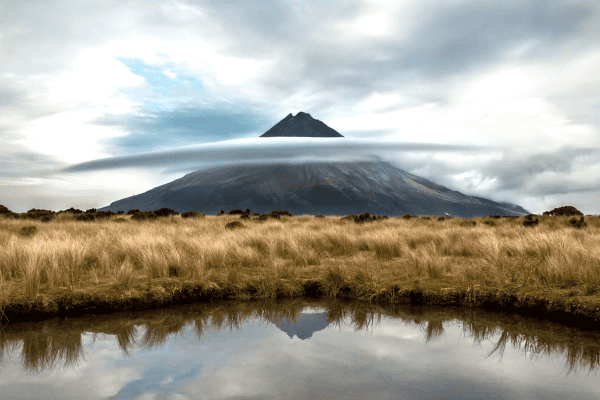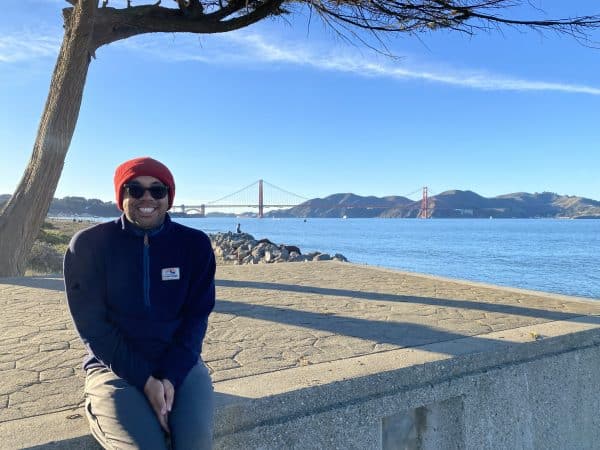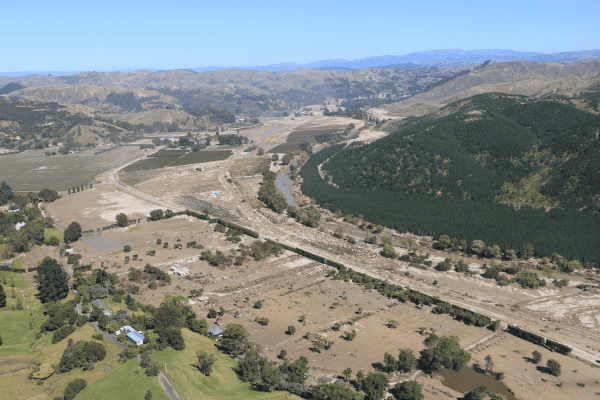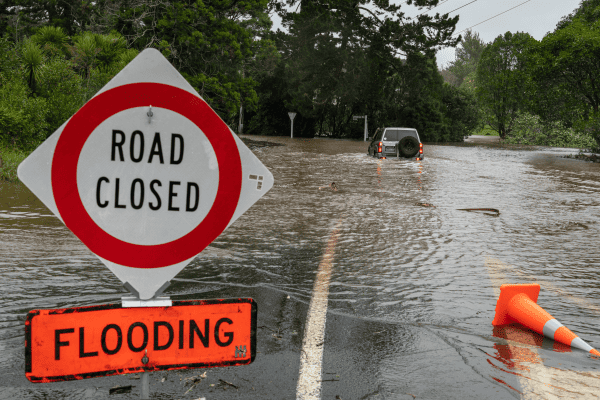Student Profile: Rob Cardwell
20/07/2018
Application of Integrated Land Use: Economic Models to Hazard Management Strategy and Planning
A bit about me
I have come to the University of Auckland with six years of experience at Market Economics. Before Market Economics I completed mechatronics and Master of Engineering Management degrees at the University of Canterbury. An interest in sustainability (which some would call a close cousin of resilience) lead me to economics, and I now find myself back in the engineering department at The University of Auckland! Although I’ve never really left engineering – in my spare time I chair the board of Engineers Without Borders NZ (EWBNZ). Although my PhD research is Auckland-focused there are some nice cross-overs between EWBNZ and my research.
My project
Before coming into the PhD I had the privilege of working on another long-term research project at Market Economics (M.E.) – it feels a bit like I’ve already done a PhD! (minus a lot of the writing) – helping develop the ‘Integrated Scenarios Explorer’ – a tool that models land use change for the Auckland Region (think SimCity but without fancy graphics).
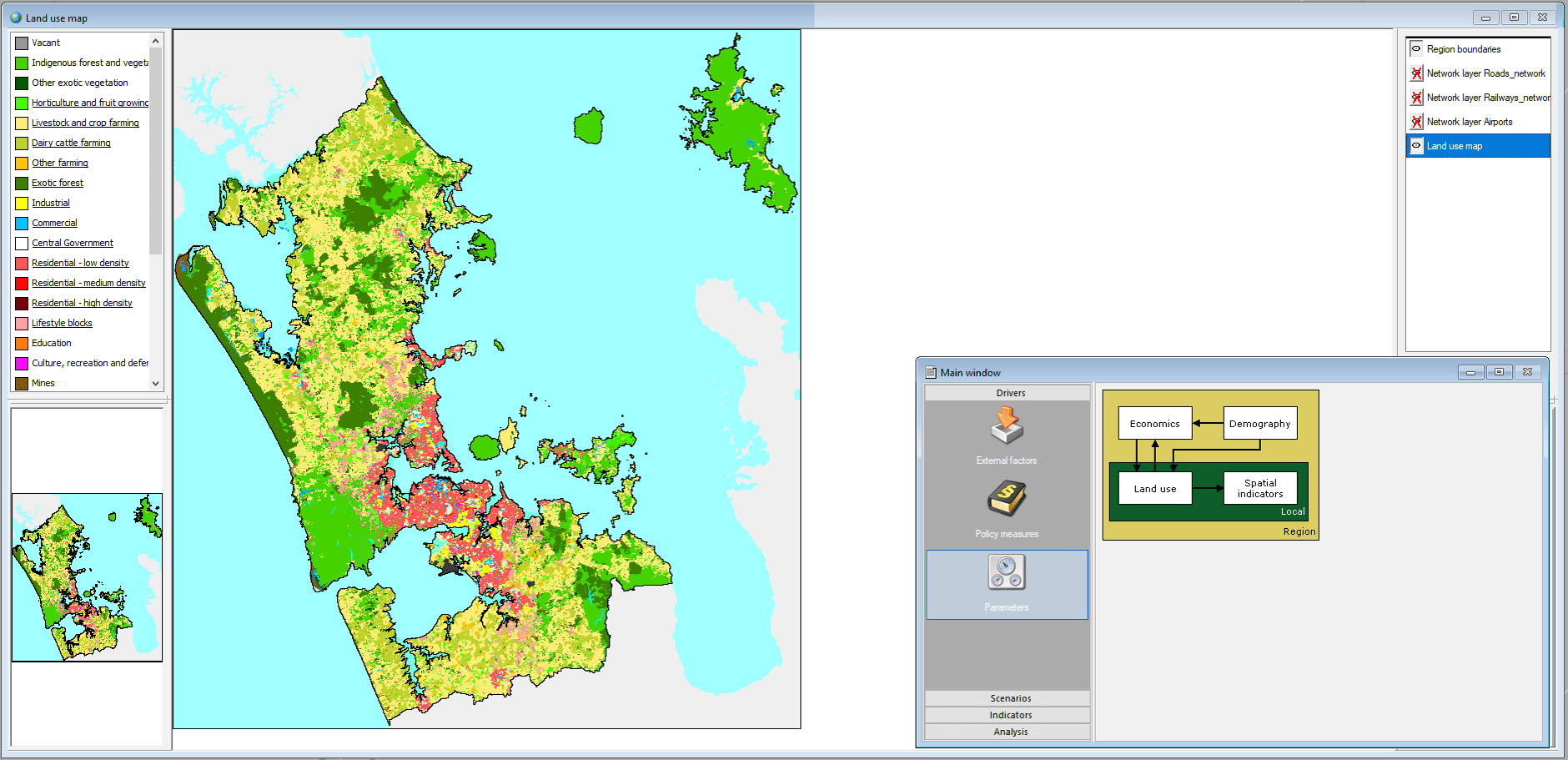
My colleagues at M.E. have also developed MERIT, the Measuring the Economics of Resilient Infrastructure Tool. I have the good fortune of being able to use these tools, which are well-suited to assessing land use and economic impacts of natural hazard events. I am also fortunate to have the support of the DEVORA research group who are developing a set of seven volcanic hazard scenarios for Auckland to complement the existing ‘Mangere Bridge’ scenario. With these tools and data there is the opportunity to model land use and economic development, and resilience building and hazard response strategies 20 to 30 years pre- and post-hazard-event for each of the eight volcanic scenarios. This research, funded by Resilience to Nature’s Challenges, has strong links between its Economics, Urban and Infrastructure research programmes.
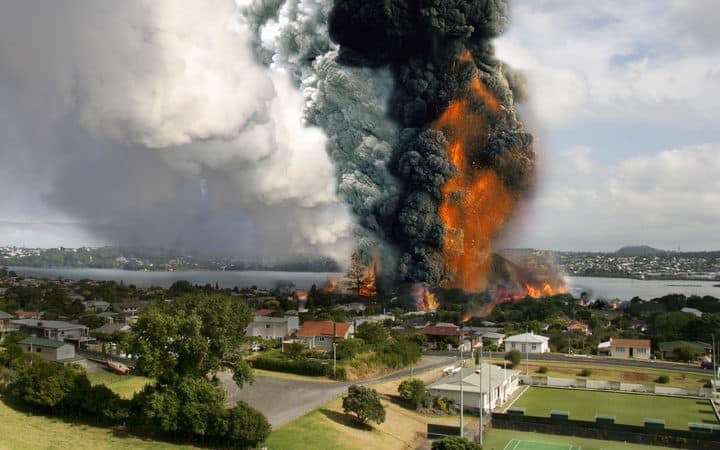
So far, one of the focuses of the work has been on addressing one of the limitations of economic models (with additional funding support from the QuakeCoRE); they are primarily constructed from market transaction data and thus tend to reflect the benefits delivered to society that can be traded in markets, but miss out many of the benefits to society that cannot be easily traded in markets. Specifically, for the built environment these might be benefits such as heritage, or the facilitation of community connection and civic engagement. The research has developed a framework that provides a foundation for communication of such values, so that ultimately they may be better incorporated into decision-making tools like ISE, MERIT, other economic models and cost benefit analysis.
Next steps
The current focus of the research is on calibrating the land use model to the Auckland Plan to develop a strong baseline scenario for the ISE model, and to demonstrate its impact assessment capabilities. The Auckland Plan intends to guide the development of Auckland, based on another 720,000 new inhabitants in the next 30 years, towards 60% to 70% of development occurring within the existing urban area. Once a strong baseline scenario has been developed, there are plenty of opportunities for how ISE and MERIT could be applied to assessing resilience to volcanic hazards with associated urban development and economic impacts. When the research reaches this point, I will seek to engage more with Auckland Council through existing contacts to help guide which forms of assessment would offer most value to the council, and to pave the way for effective uptake of the research by the council.
Ultimately, the research aims to help answer questions such as ‘would reducing risk by avoiding having key infrastructure concentrated in a few areas be effective; i.e. by adopting a more “polycentric” city form’? Or, ‘if there are multiple post hazard event recovery/development pathways to choose from, would some be more effective than others?’
Robert’s PhD is supervised by Dr Garry McDonald and Professor Suzanne Wilkinson

